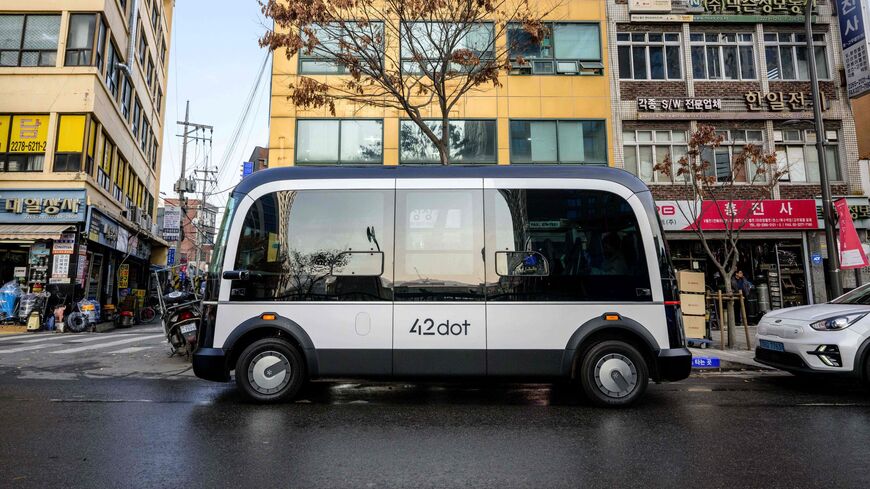Four consortia of international and Israeli companies have been chosen to operate a two-year pilot program to test autonomous public transportation in Israel. The Nov. 7 announcement by the Transportation Ministry and the Israel Innovation Authority follows a call for proposals issued in September 2021. In additional to Israel, the consortia includes companies from France, the U.S., Turkey and Noway.
The first phase of the NIS61 million ($17.75 million) pilot will consist of experiments at test and operational sites, while the second will be conducted under a temporary license along public transportation lanes.
The pilot follows Knesset legislation approved in March 2022 to develop a knowledge base regarding the safety of independent vehicles. The law also aims to determine the impact on traffic congestion and promote public trust.
While the law applies to public and private vehicles as well as trucks, initial approval is expected only for public transportation, at least for the first decade.
"There are almost no countries in the world that have done this. It's an earthquake if you take into account the world's leading companies involved in the field, such as Waymo and Zoox, and the fact that the law also includes taxis, trucks, buses, and delivery and shipping vehicles," said Itay Monhiet, strategic initiatives manager at the Israel Innovation Authority.
Israel faces a chronic shortage of bus drivers, and human resources account for an estimated 65% of public transportation operating costs.
However, a Knesset research center study published in early 2020 pointed to concerns about user privacy due to the large number of sensors and cameras in autonomous vehicles. The report also raises the need for increased protection against cyberattacks, as well as liability in the event of accidents.
Israel is a world leader in the field of smart mobility. According to Innovation Authority Chair Dr. Ami Applebaum, the number of Israeli startups in the field has increased from 400 in 2016 to more than 600 in 2020.
Oryx Vision, for example, is developing unique depth vision technology for autonomous cars. The start-up Adasky is developing broad thermal vision solutions to facilitate safety under any lighting conditions. About two years ago, the company unveiled its first Viper product, which it says will allow autonomous vehicles to drive at any time and under any conditions.
Chip maker Nvidia, which in recent years has also entered the race to develop autonomous vehicles, announced earlier this month the establishment of two autonomous vehicle development groups in Israel — one for software development and one for hardware — developing robotic products for autonomous cars.








